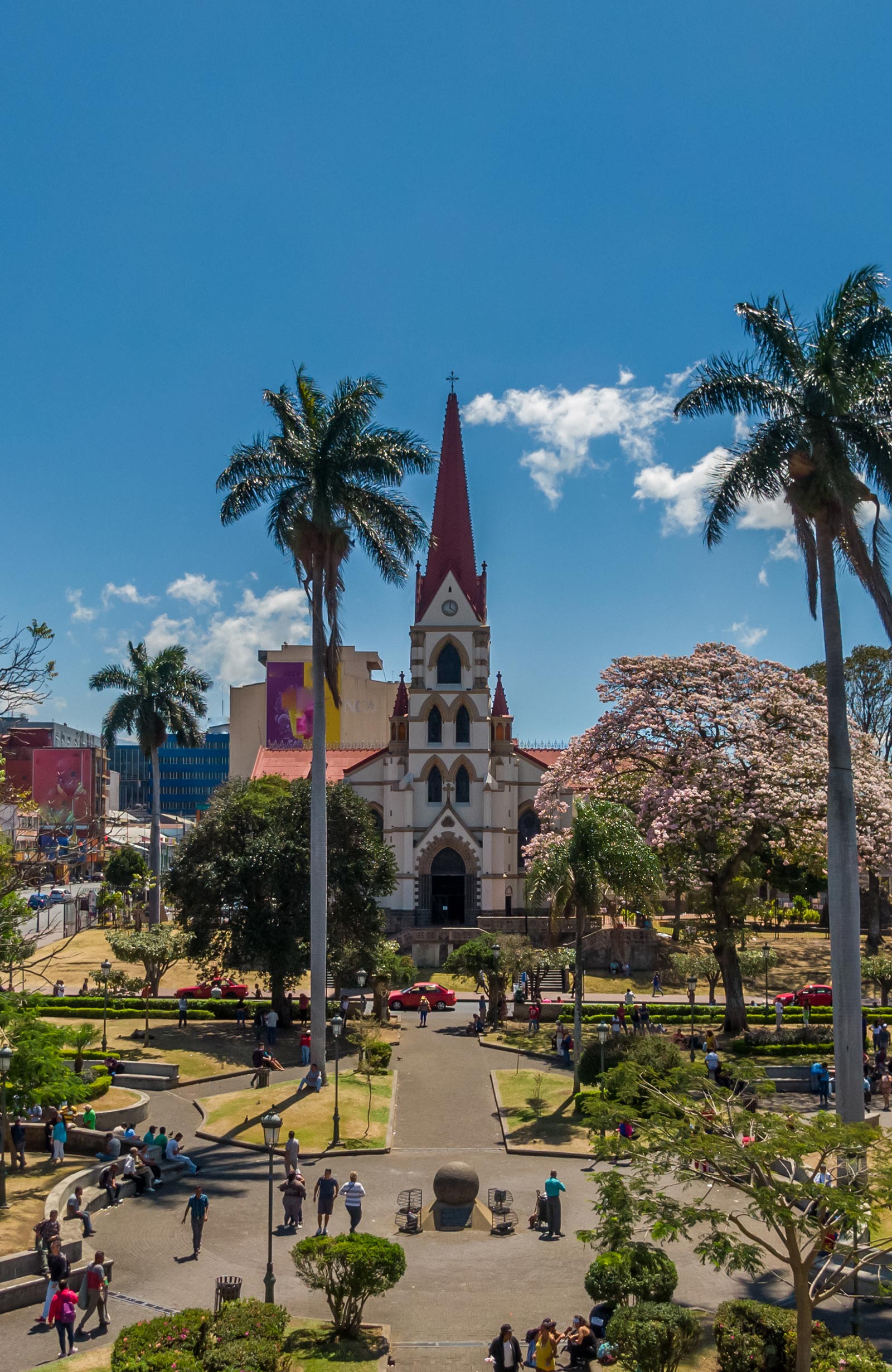
© Gian
More capitals of culture around the world
San José, the capital of Costa Rica, was named the Ibero-American Capital of Cultures in 2023 by the Union of Ibero-American Capital Cities (UCCI). This recognition coincides with the commemoration of the bicentennial of the city, besides the fact that San José wins this distinction for the second time (the first time was in 2006). Cultural organizations and companies in the country have joined forces to contribute to the cultural agenda of the capital in 2023; an agenda that will include gastronomy, music, fashion, and exhibitions of paintings and sculptures. Since 1991, UCCI confers this title that has already been held by capitals such as Buenos Aires, Santiago de Chile, Bogotá, and Mexico City. San José’s predecessor was Brasília, in 2022.
Chengdu, the capital of the Chinese province of Sichuan, is the East Asian Cultural Capital in 2023. With a population of over 20 million inhabitants, Chengdu is considered the “Country of Heaven” and it is well-known for its cultural heritage. At the beginning of 2022, Chengdu City was awarded this title by an agreement of the Ministers of Culture from Japan, China, and the Republic of Korea. The first East Asian Cultural Capital was Yokohama, Japan, in 2014. For 2024, the selected city is Gimhae in the Republic of Korea.
Shuhsa, in Azerbaijan, is the Cultural Capital of the Turkic World 2023 and the city of Nouakchott in Mauritania is the Cultural Capital of the Islamic World 2023.
World fairs or international expos, as well as designations such as cultural capitals or others at the national and regional levels, are unique opportunities for towns to accelerate and achieve sustainable development goals. Cultural mega-events in heritage-rich cities should bring long-term effects in physical spaces, but also in intangible aspects.